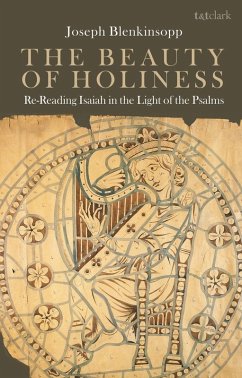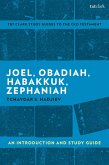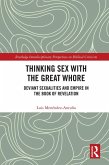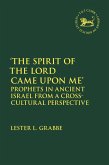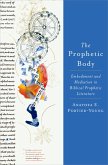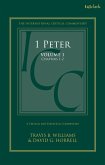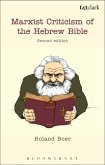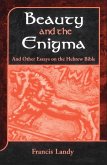Joseph Blenkinsopp presents an intertextual reading of Isaiah and the Psalms furthering his previous well-known work on the text of Isaiah. Blenkinsopp argues that, read together, these two biblical books can be shown to form a single religious vision, a way of experiencing and articulating a commitment to the fundamentals of the faith of Israel, with its own distinctive character.
Blenkinsopp shows how the emphasis in Isaiah and the Psalms is on affect and emotion, the expression of joy and sorrow articulated in music, singing, and dancing; in praise, thanksgiving and lament. This represents a key difference from other parts of the Hebrew Bible where the focus is more on the Law and on the covenant at Sinai - in Isaiah and the Psalms these terms rarely occur, the focus is instead on Zion and on the Temple. Blenkinsopp shows how the temple singers, with their close connections with the circles which transmitted and eventually committed to writing the Book of Isaiah, demonstrate that the divine word is not incompatible with other forms of religious experience and expression, affective and even mystical, articulated and embodied in the performance of music, song, ritual prayer, and dance. The beauty of the Psalms is echoed strongly in Isaiah, and the Isaian vision of a Creator God, Lord of nature and history beyond the bounds of Israel, is joyfully proclaimed by the psalmists.
Blenkinsopp shows how the emphasis in Isaiah and the Psalms is on affect and emotion, the expression of joy and sorrow articulated in music, singing, and dancing; in praise, thanksgiving and lament. This represents a key difference from other parts of the Hebrew Bible where the focus is more on the Law and on the covenant at Sinai - in Isaiah and the Psalms these terms rarely occur, the focus is instead on Zion and on the Temple. Blenkinsopp shows how the temple singers, with their close connections with the circles which transmitted and eventually committed to writing the Book of Isaiah, demonstrate that the divine word is not incompatible with other forms of religious experience and expression, affective and even mystical, articulated and embodied in the performance of music, song, ritual prayer, and dance. The beauty of the Psalms is echoed strongly in Isaiah, and the Isaian vision of a Creator God, Lord of nature and history beyond the bounds of Israel, is joyfully proclaimed by the psalmists.

